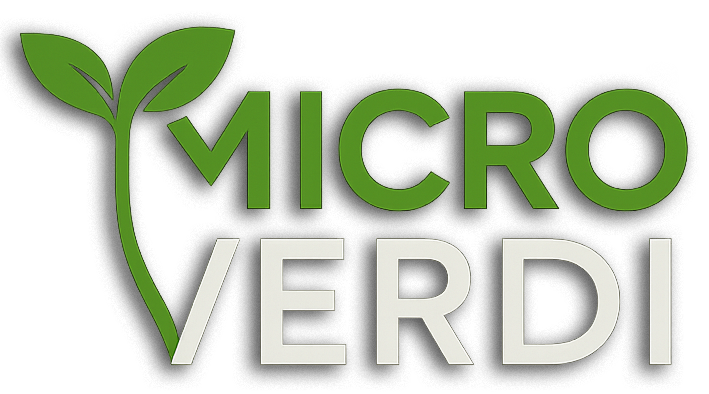Broccoli (Calabrese)
“Broccoli microgreens are a powerhouse of nutrients in every bite, offering up to 40 times more sulforaphane than mature broccoli.”





🧂 Taste Profile
Wheatgrass has a sweet, grassy flavor with a slight earthy finish. It’s vibrant and fresh, with a juice-like sharpness that’s especially noticeable when concentrated. While strong on its own, the flavor blends well in smoothies and juice mixes where its natural sweetness balances bolder greens or citrus.
💚 Health Benefits
Wheatgrass is one of the most nutritionally dense microgreens available, often considered a “supergreen”:
• Exceptionally rich in Chlorophyll – known for detoxifying the liver and blood
• High in Vitamins A, C, E, and K – supports skin, immune system, and cell health
• Packed with Iron, Magnesium, and Calcium – promotes bone and blood health
• Contains enzymes like SOD (Superoxide Dismutase) – powerful antioxidant effects
• Supports metabolism and alkalinity – helping balance pH levels
• Improves oxygen delivery – may enhance endurance and recovery
🍽️ Culinary Uses
Wheatgrass is most commonly consumed in liquid form, but its use is expanding:
• Juiced as wheatgrass shots – daily detox and wellness use
• Blended in smoothies – pairs well with pineapple, banana, or citrus
• Used as a powder – when dried and ground for convenient consumption
• Infused in juices or cocktails – for a green, herbal note
• Raw garnish (small amounts) – on raw or plant-based plates
🧑🍳 Chef Tip: Best consumed fresh and raw. Avoid cooking — heat destroys its most valuable nutrients.
🧊 Storage Tips
Live Plants
• Bright indirect light is ideal — rotate trays to maintain upright growth
• Bottom water to avoid soggy base
• Harvest with scissors just above the soil line when blades reach 10–15 cm
Harvested
• Use immediately after cutting for juicing
• Store in breathable container lined with a dry cloth or paper towel
• Best consumed within 2–3 days for optimal enzyme activity and sweetness
